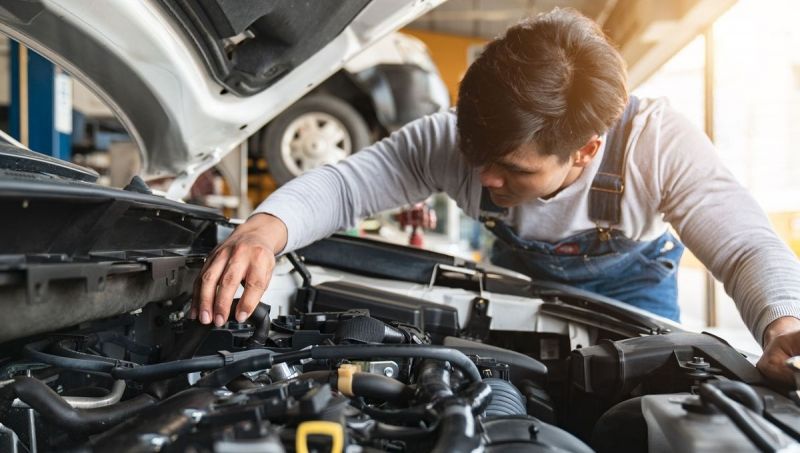Blog
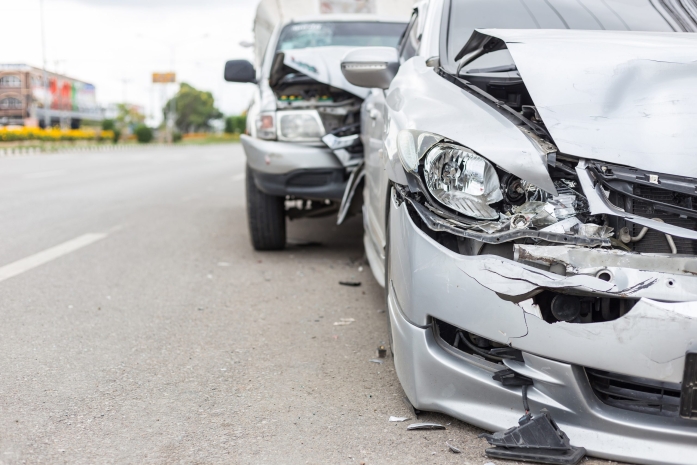
Updated : January 16th, 2023
Top 5 Car Brands Involved in the Most Fatal Accidents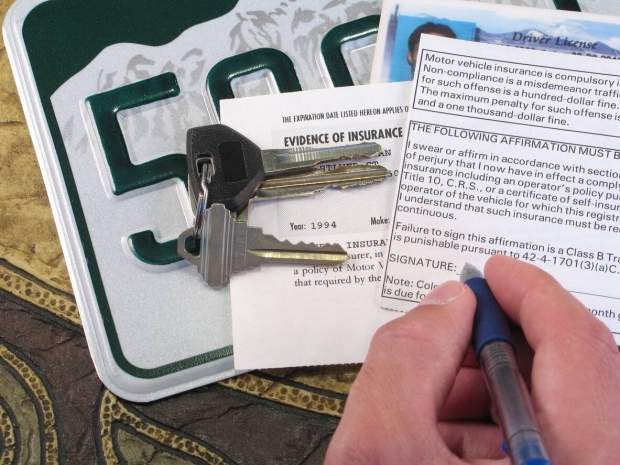
Updated : March 06th, 2024
How to Junk a Car With Expired Registration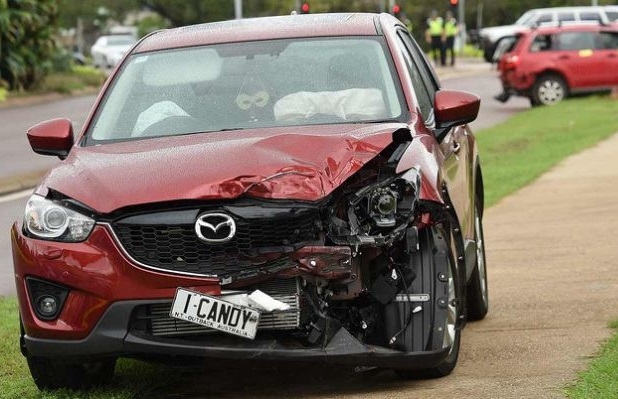
Updated : October 11th, 2023
Is it Safe to Drive My Wrecked Car After an Accident?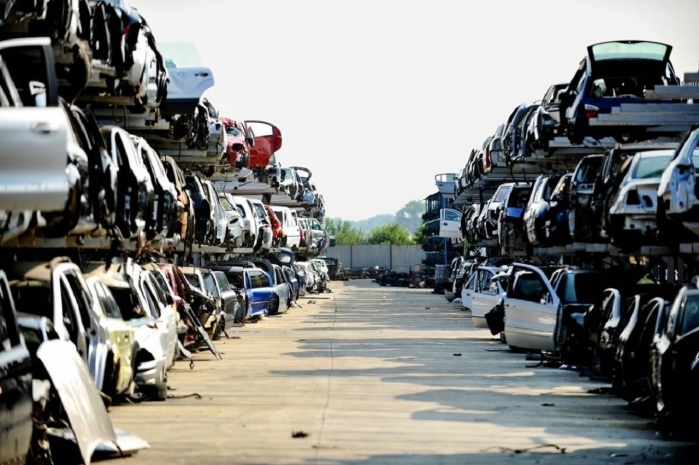
Updated : March 06th, 2024
How Many Junk Cars are You Allowed to Own?
Updated : August 28th, 2023
15 Highest Paying Junk Cars to Get More Cash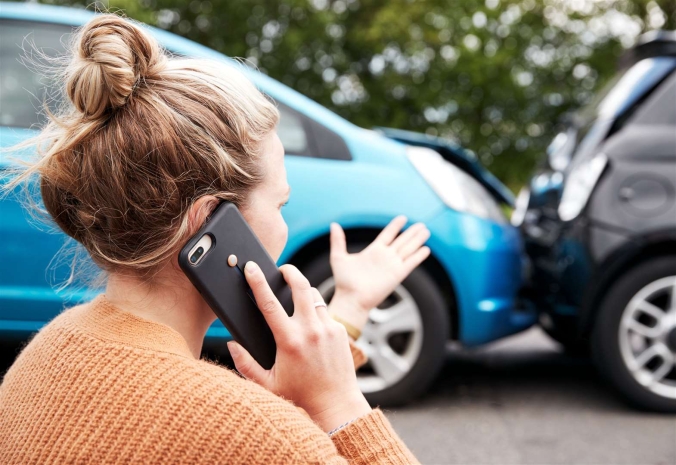
Updated : October 24th, 2023
What Happens If Your Friend Crashes Your Car — Who is Guilty and Who Will Pay?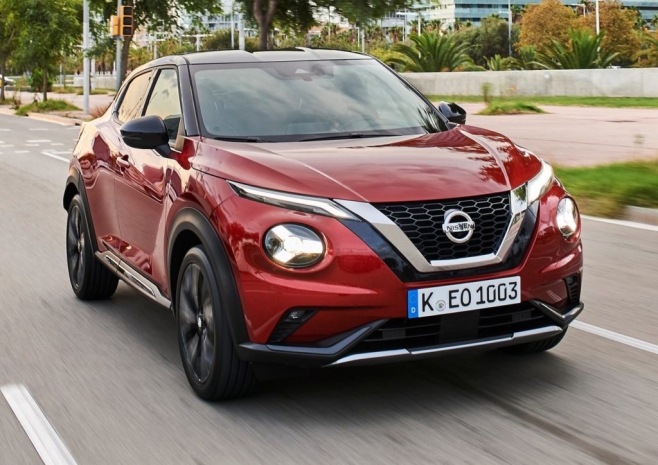
Updated : February 06th, 2024
10 Most Hated Car Brands in the World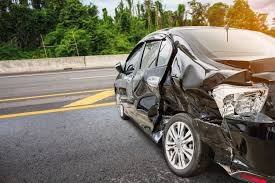
Updated : December 25th, 2023
Should You Repair a Salvage Car? All That You Need to Know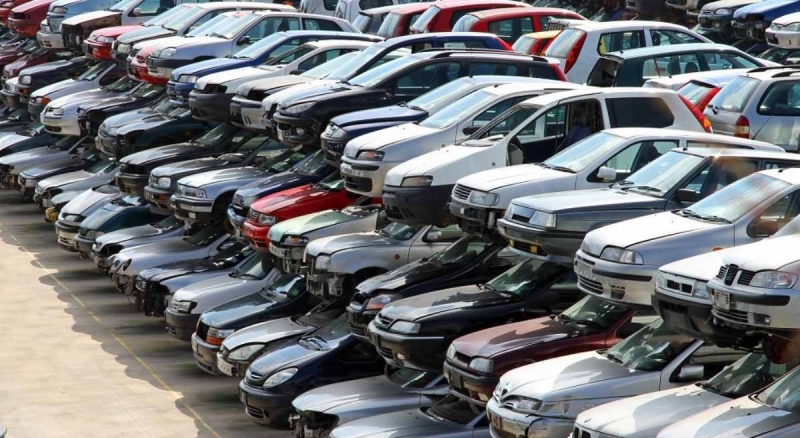
Updated : March 06th, 2024
How to Sell a Salvage Title Car?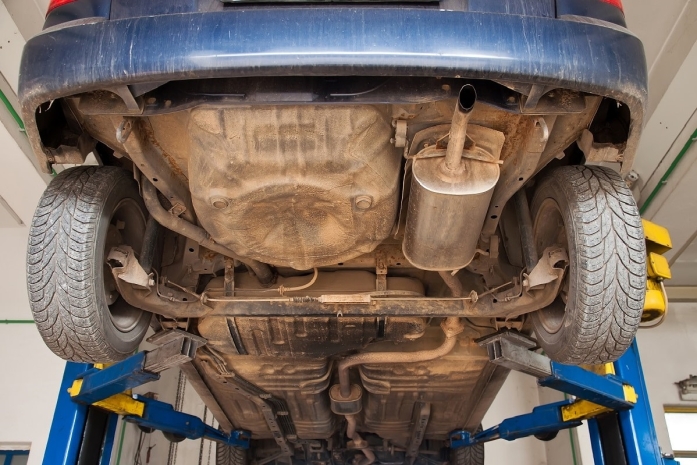
Updated : October 14th, 2023
Undercarriage Damage: When is it Worth Fixing?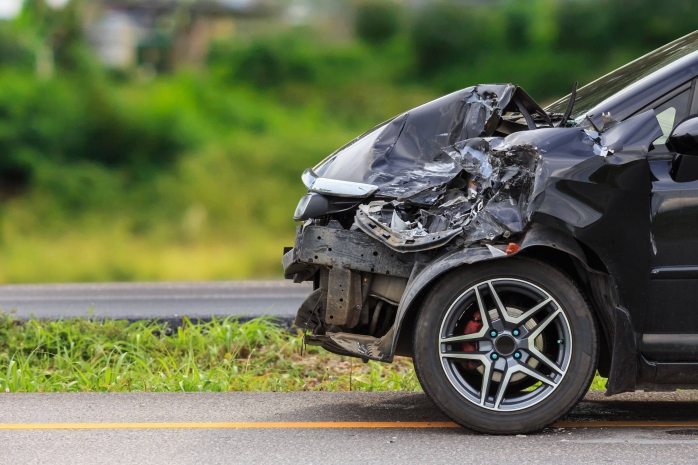
Updated : October 24th, 2023
The Most Crashed Cars In America (with Statistical Data)
Updated : October 24th, 2023
Top 10 Most Dangerous Cars In the World and Reasons to Call Them That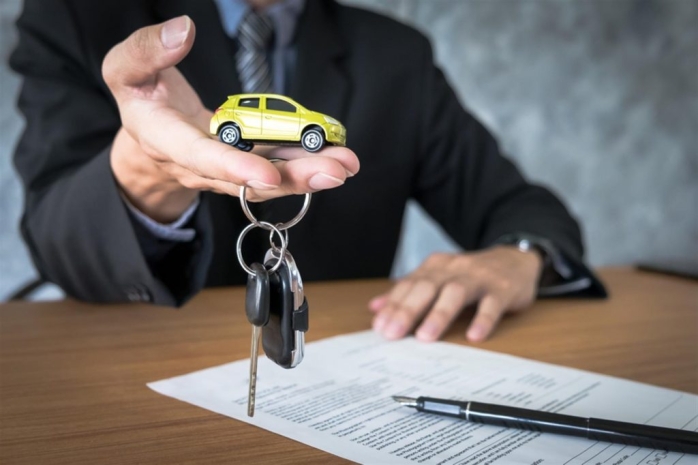
Updated : October 14th, 2023
Who Pays the Most Money for Junk Cars in the US?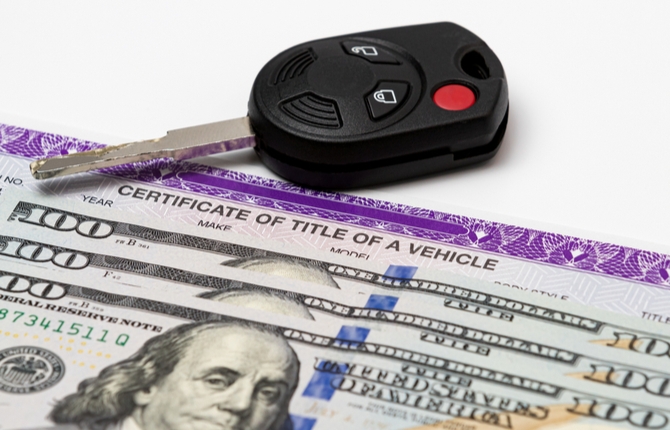
Updated : December 25th, 2023
Clean vs. Salvage vs. Rebuilt Title & How to Check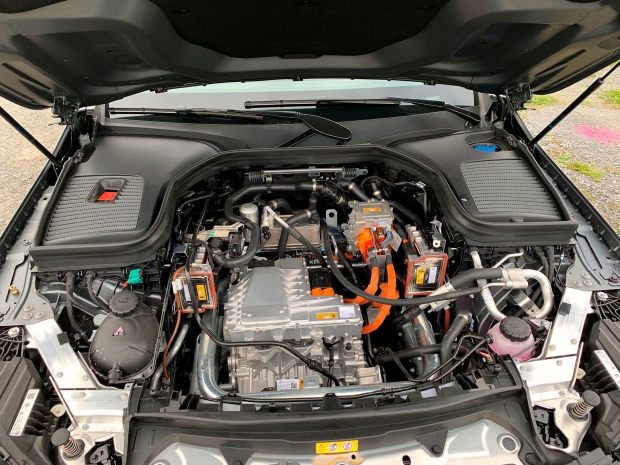
Updated : March 06th, 2024
EV Motor Lifespan: How Long Do Electric Car Motors Last?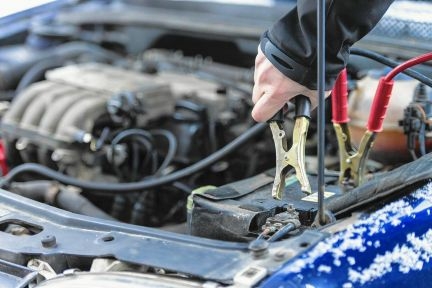
Updated : February 20th, 2024
8 Causes Why a Car Won't Start and Clicks When Turning Ignition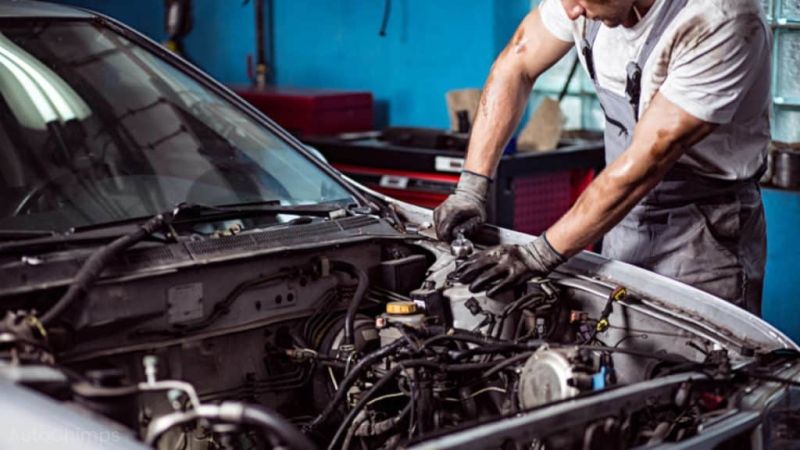
Updated : October 24th, 2023
Engine Rebuild Cost: Is Rebuilding an Engine Worth It?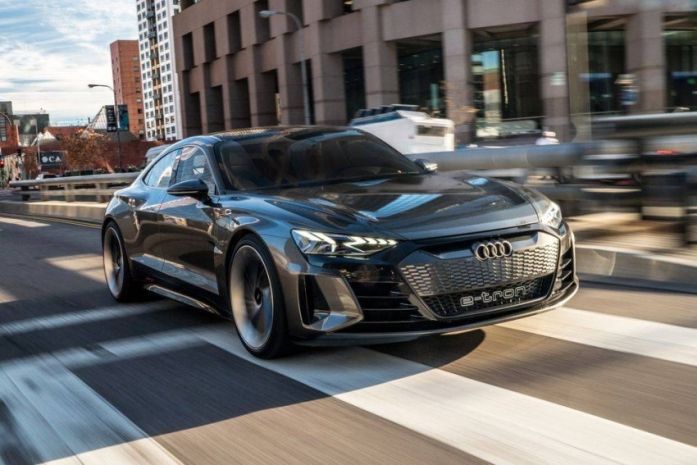
Updated : February 07th, 2024
13 Popular US Cars That Will Depreciate the Most in 2022
Updated : February 07th, 2024
10 Worst Rated Cars in 2021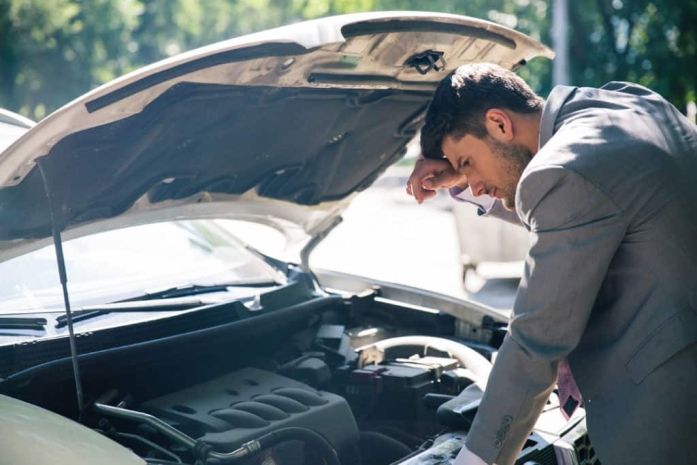
Updated : February 07th, 2024
13 Most Problematic US Cars Made in 2016-2021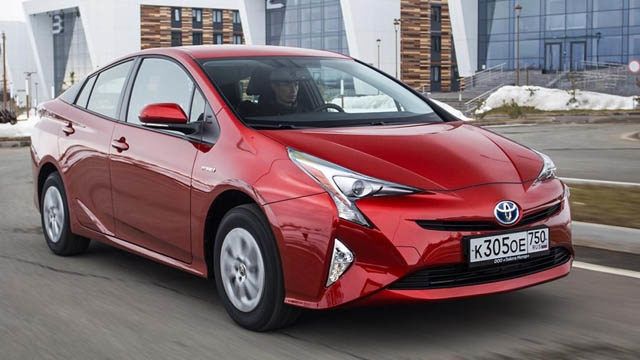
Updated : August 21th, 2022
Toyota Prius Battery Replacement: How Much Does it Cost and Is it Worth It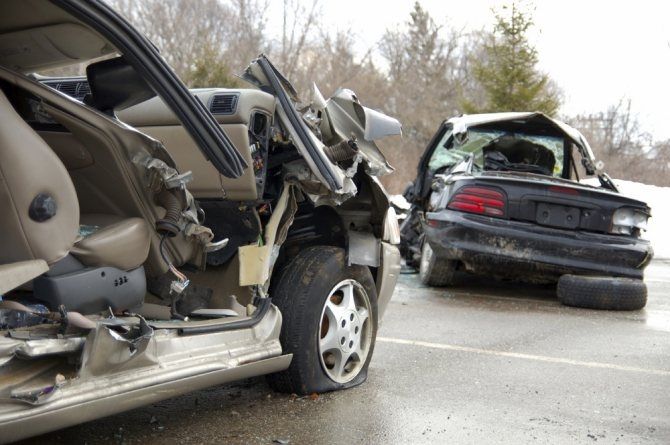
Updated : December 06th, 2023
What to Do With a Totaled Car With No Insurance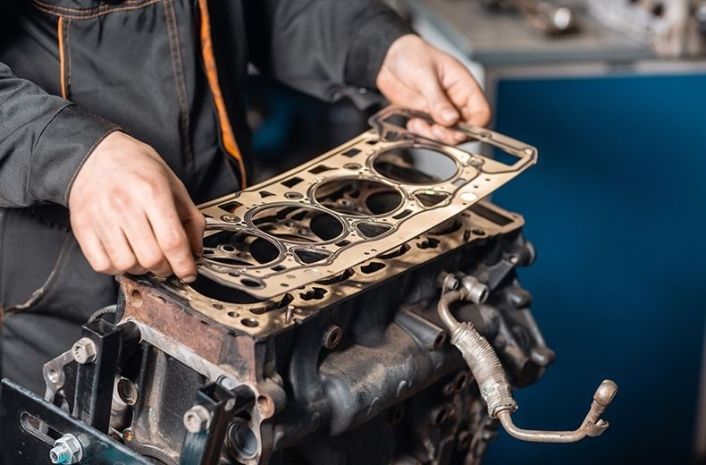
Updated : October 14th, 2023
Signs and Causes of a Blown Engine and Costs of Repair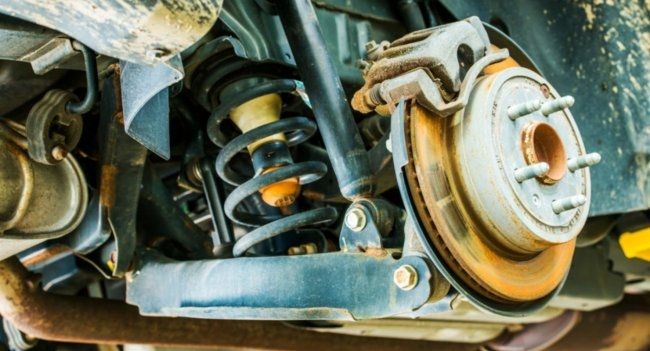
Updated : March 06th, 2024
How Much Does Car Suspension Repair Cost?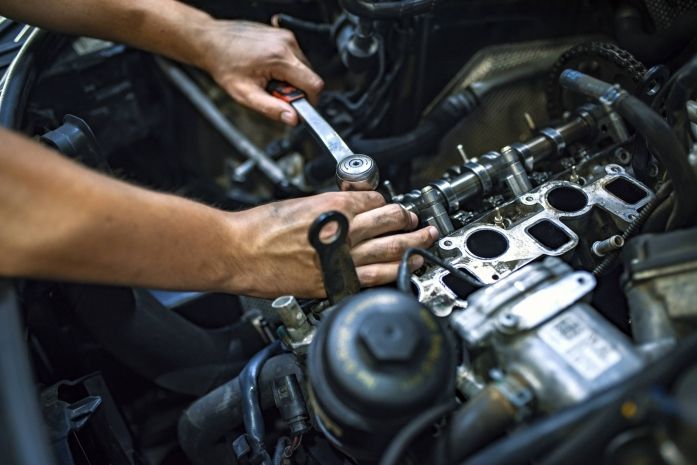
Updated : October 24th, 2023
When It Isn’t Worth Replacing a Car Engine
Updated : October 14th, 2023
Car Makes Grinding Noise While Accelerating and Driving at Low Speeds: Reasons and Fixes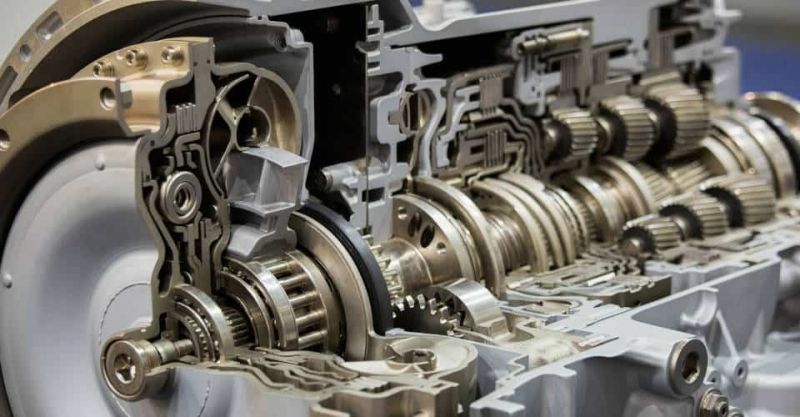
Updated : March 03th, 2024
What Might Cause Rattling Noise While Accelerating and How to Fix It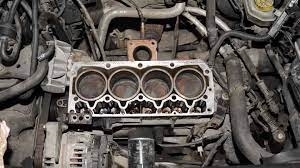
Updated : December 27th, 2022
Cracked Engine Block: Symptoms, Causes and Repair Tips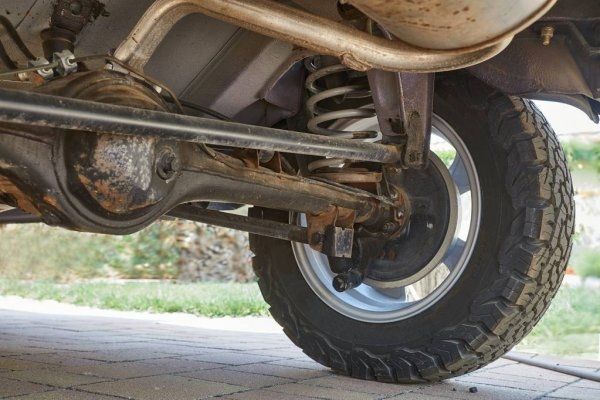
Updated : December 27th, 2022
5 Leaking Differential Symptoms & How to Fix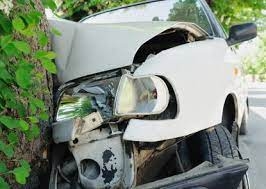
Updated : October 24th, 2023
Should You Have Insurance on Your Non-running Car?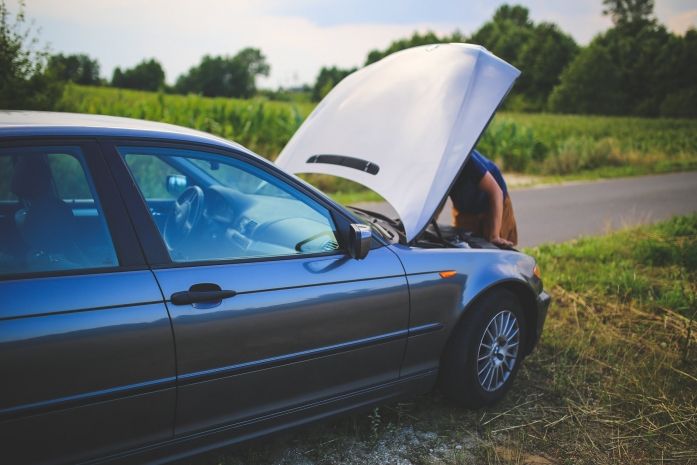
Updated : December 27th, 2022
8 Reasons Why a Car May Shut Off While Driving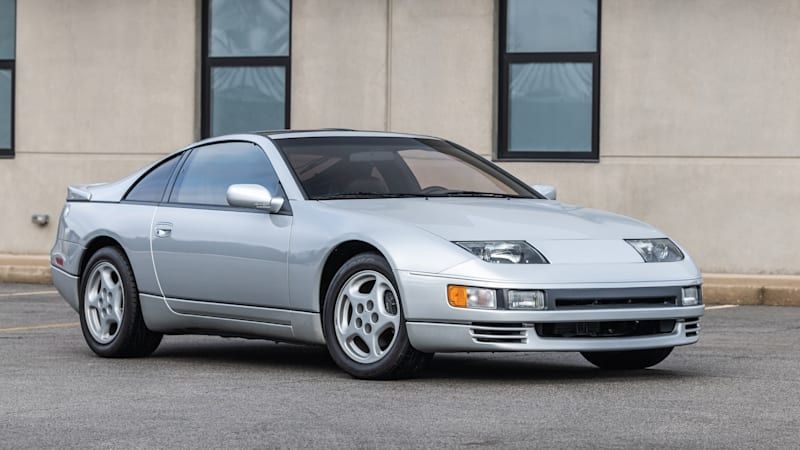
Updated : February 06th, 2024
10 Extremely Hard US Cars to Work On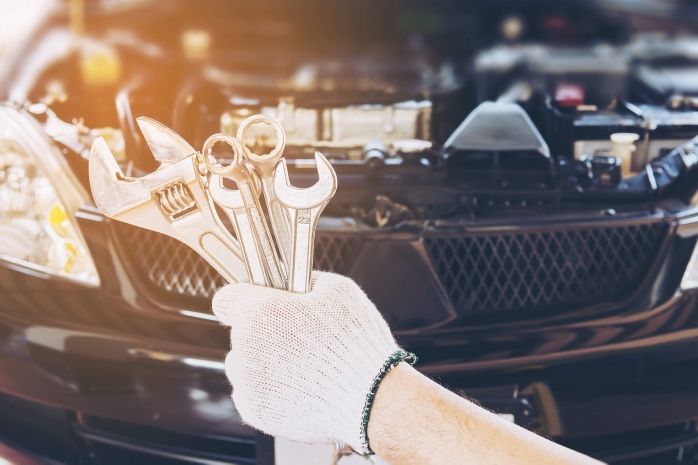
Updated : December 27th, 2022
5 Best Ways of Selling a Car with Mechanical Problems
Updated : March 06th, 2024
How Much Would a Junkyard Pay for My Car?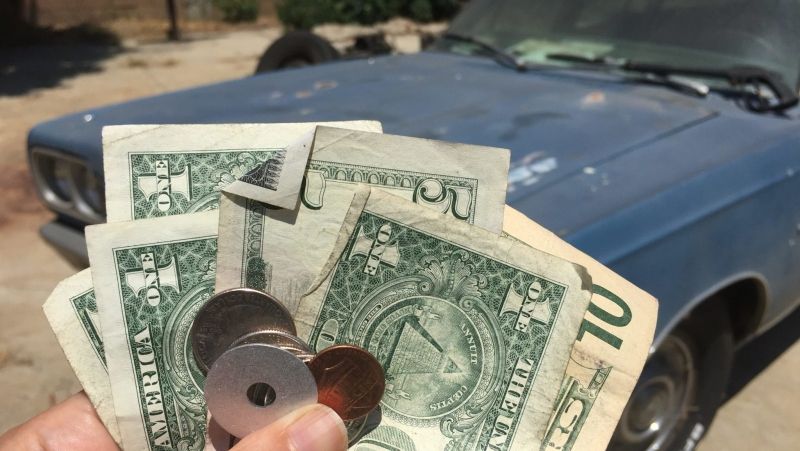
Updated : January 16th, 2023
Complete Guide of How to Sell a Broken Down Car for Cash Continue reading
Updated : January 16th, 2023
What is the Salvage Value of Your Car and How to Calculate It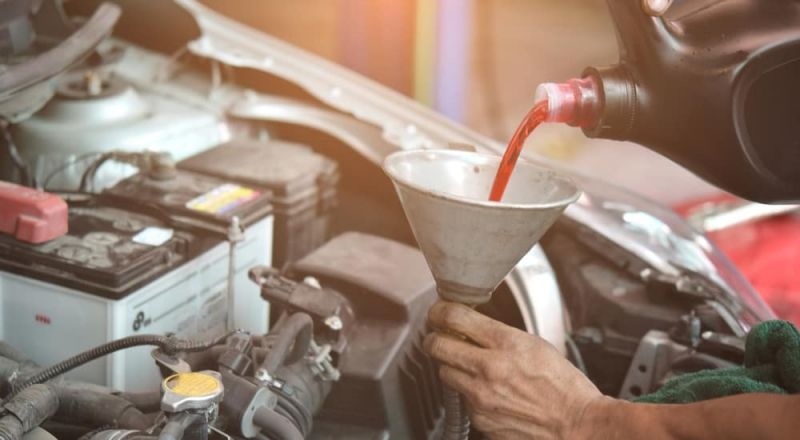
Updated : October 14th, 2023
Top 8 Symptoms You Used the Wrong Transmission Fluid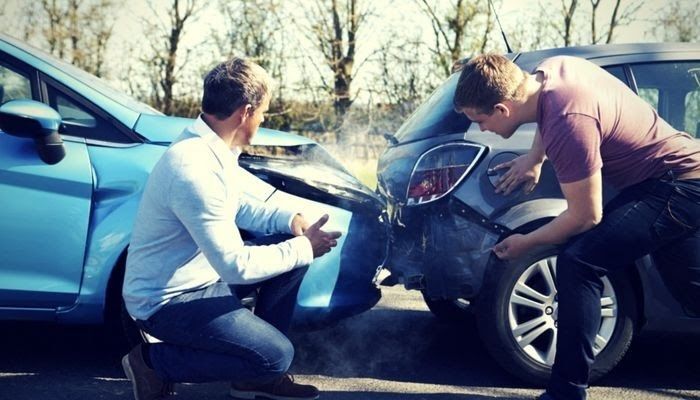
Updated : October 24th, 2023
What Happens to the Value of My Car After an Accident?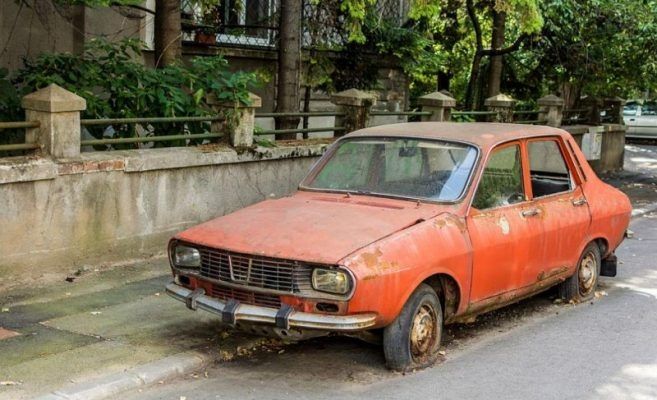
Updated : March 06th, 2024
Let’s Think About Ecology Together: Junk Your Car for Cash Today
Updated : February 07th, 2024
3 Things to Know About Junking a Car With Expired Registration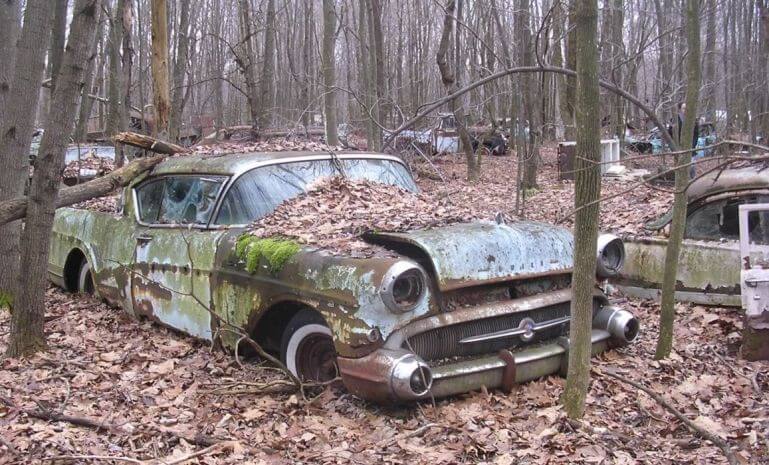
Updated : February 07th, 2024
3 Ways How to Legally Get Rid of a Junk Car With a Lien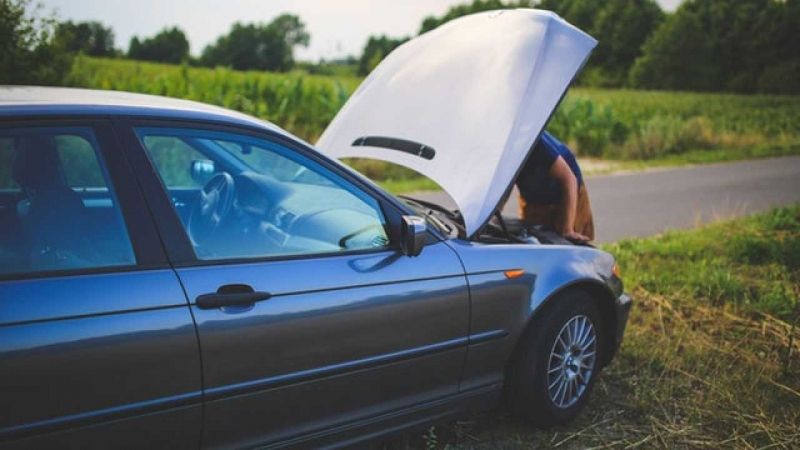
Updated : October 24th, 2023
12 Common Car Problems. List of Major & Minor Car Issues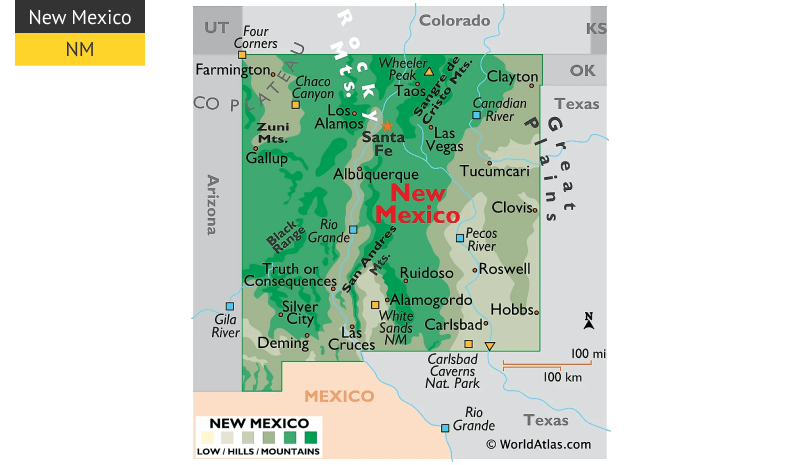
Updated : March 24th, 2022
How to Transfer a Car Title in New Mexico![How to Transfer a Car Title in New Jersey [Ultimate Guide] How to Transfer a Car Title in New Jersey [Ultimate Guide]](https://junkcarsus.com/files/articles_resized/800x465-new-jersey.800x465.png)
Updated : March 24th, 2022
How to Transfer a Car Title in New Jersey [Ultimate Guide]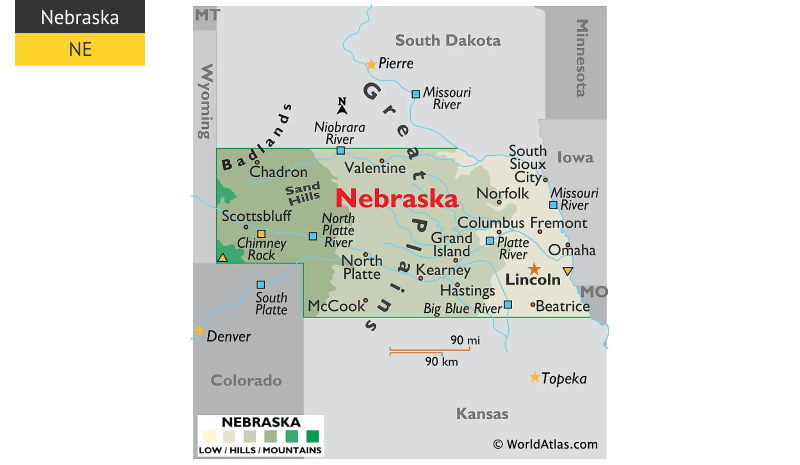
Updated : March 24th, 2022
How to Transfer a Car Title in Nebraska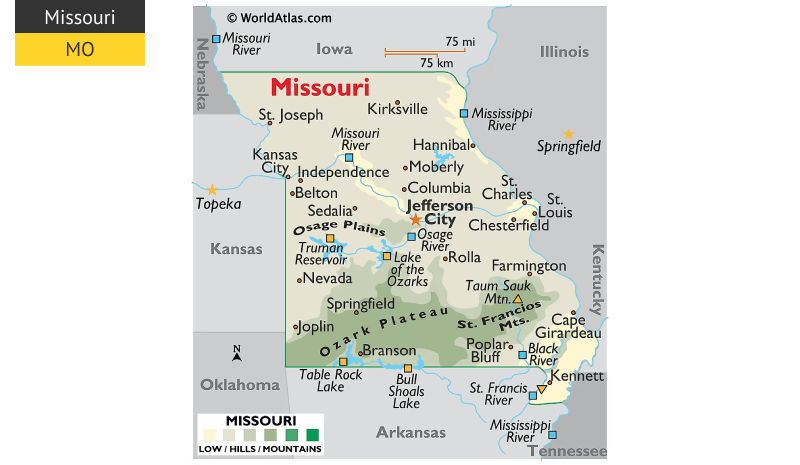
Updated : February 07th, 2024
How to Transfer a Car Title in Missouri
Updated : March 24th, 2022
How to Transfer a Car Title in Mississippi![How Do You Transfer a Car Title in Minnesota? [Ultimate Guide] How Do You Transfer a Car Title in Minnesota? [Ultimate Guide]](https://junkcarsus.com/files/articles_resized/800x465-minnesota.800x465.png)
Updated : March 24th, 2022
How Do You Transfer a Car Title in Minnesota? [Ultimate Guide]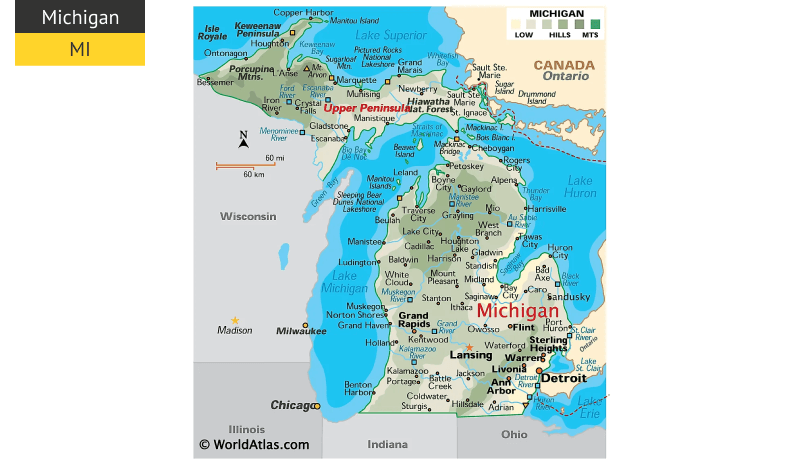
Updated : March 24th, 2022
How to Transfer a Car Title in Michigan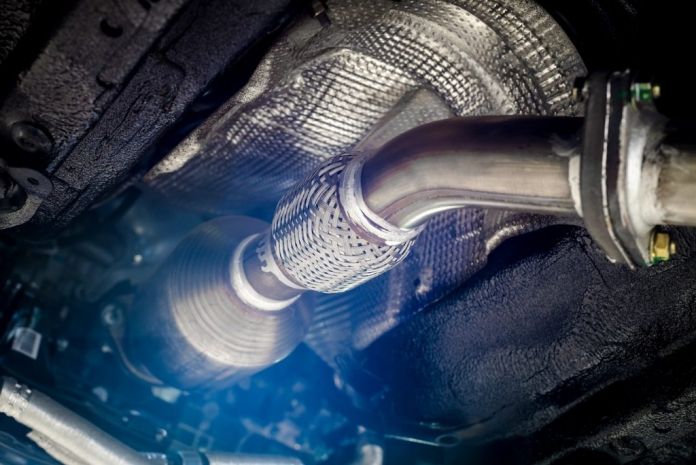
Updated : December 12th, 2023
Catalytic Converter Repair & Replacement Costs: Detailed Estimation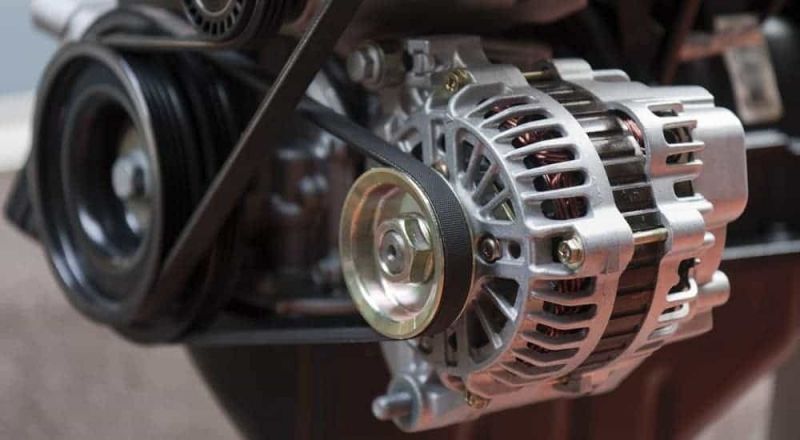
Updated : April 14th, 2022
Alternator Repair & Replacement Costs: Detailed EstimationFind out what your junk car is worth in seconds. Fil out the information below:
